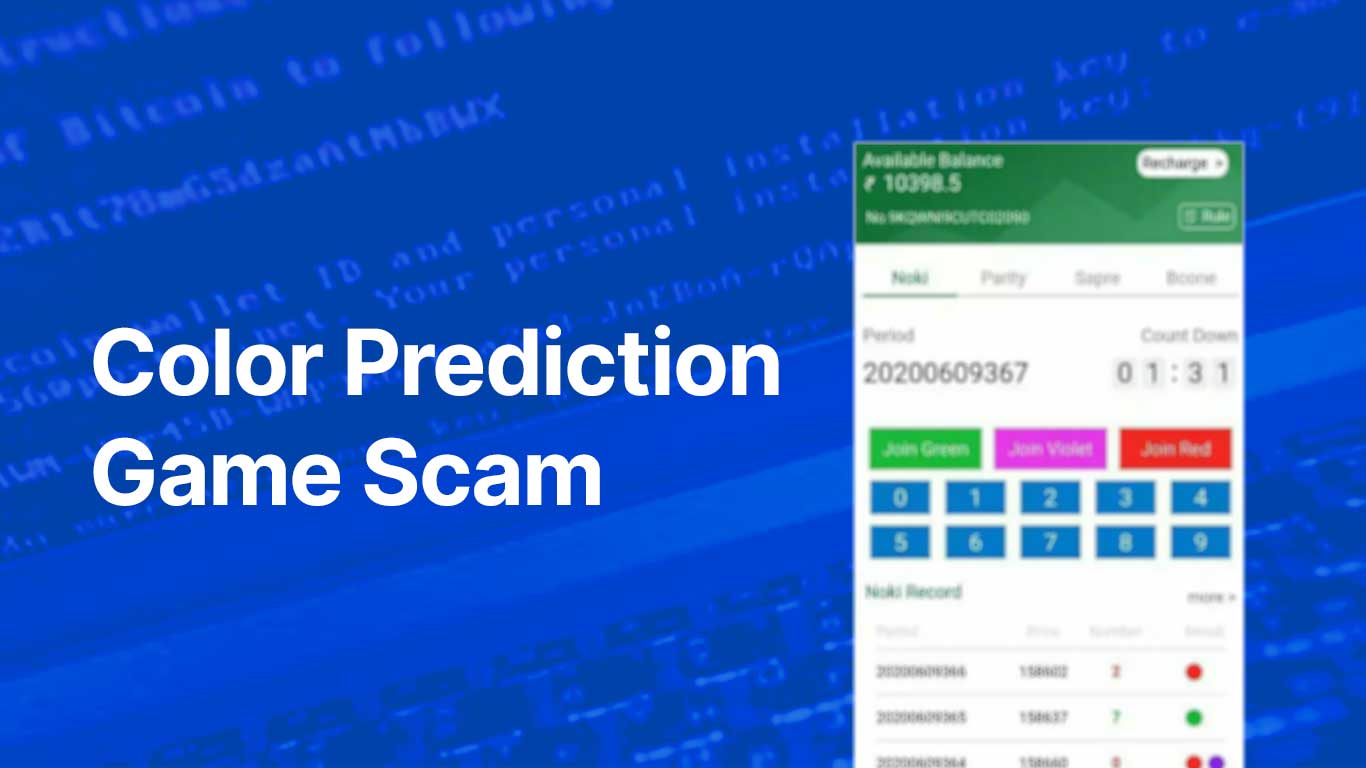Understanding and Predicting Outcomes Using Betting Odds
Betting odds are used in sports and other events to indicate how likely a particular outcome is to occur. They not only reflect the probability of an event happening but are also a tool that can be used to predict the outcome and calculate potential earnings. In this guide, we will explore how to interpret these odds and use them to make predictions.
What Are Betting Odds?
Betting odds are numerical expressions typically presented in fractional, decimal, or American formats. They serve a dual role by indicating the likelihood of various outcomes and dictating the amount of money a bettor would win relative to their stake if their choice is correct.
Understanding Different Formats of Odds
- Fractional Odds (British): Expressed as a fraction (e.g., 5/1) - the numerator represents how much profit you stand to make from the denominator's value staked.
- Decimal Odds (European): More straightforward to understand, representing the total return per unit staked (including the stake), such as 1.50 meaning you get 1.50 units back for every 1 unit bet, which includes your initial stake.
- American Odds: Could be either positive or negative. Positive odds indicate how much profit you would earn on a 100-unit stake, and negative odds show how much you need to bet to make a 100-unit profit.

How to Predict Using Odds
Prediction with odds involves a few straightforward steps:
- Convert Odds to Probabilities: First, you need to understand the implied probability encapsulated within the odds, whichever the format. For instance, a bet with fractional odds of 4/1 has an implied probability calculation of 1 / (4+1) = 20% chance of occurring.
- Assess the Value: Compare the betting odds' implied probability with your assessment of the actual likelihood of an event occurring. If the actual probability is higher, it represents good value.
- Analyze Historical Data and Perform Research: Historical performance, direct comparisons, statistical analysis, and other research will help you form a more accurate forecast.
- Consider External Factors: Weather, injuries, strategic changes, and other external factors should also be considered as they can significantly affect outcomes.
- Monitor Changes: Odds can fluctuate due to the amount of money being placed or due to changing circumstances. Keeping an eye on these changes can provide insights into public perception and other factors influencing the odds.
.jpg)
Putting It All Together
To effectively use odds for prediction purposes, gather all relevant information and quantify it as much as possible. While betting is never without risk, understanding and using odds correctly can tilt the odds in your favor by making educated guesses rather than uninformed bets.
Remember, responsible betting is crucial. Always gamble within your means and use odds and predictions as guides, not guarantees of outcomes.
Conclusion
While betting odds can be a helpful tool for predicting the outcome of events, it's essential to approach gambling with caution and responsibility. With practice, you can use these tools to make better-informed decisions, increasing your enjoyment and success in sports betting and other predictions markets.